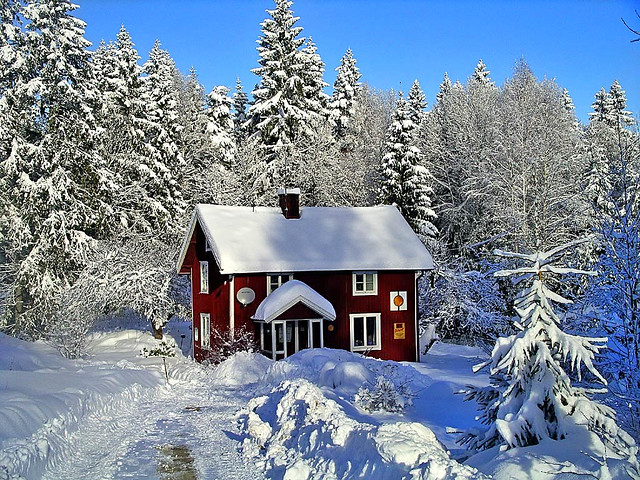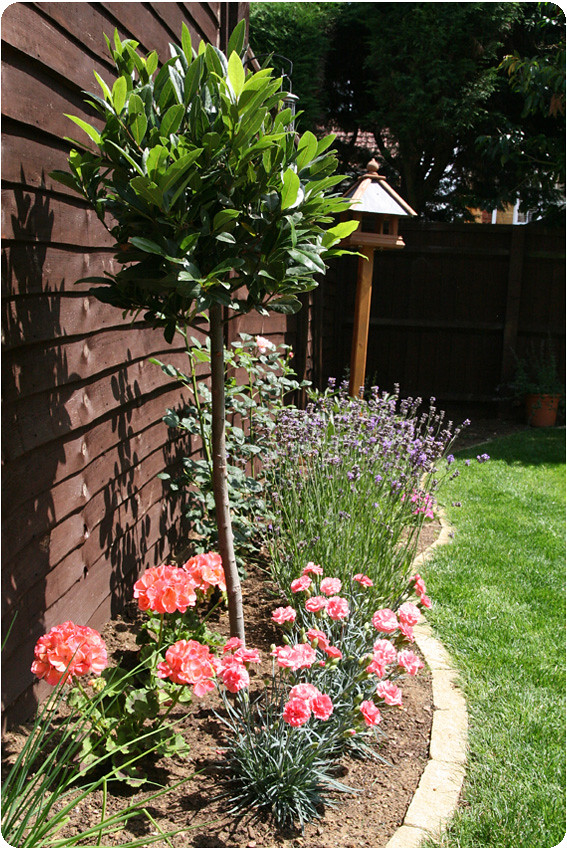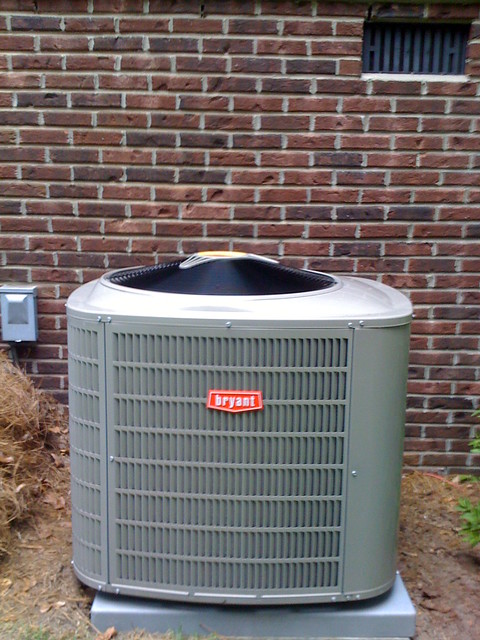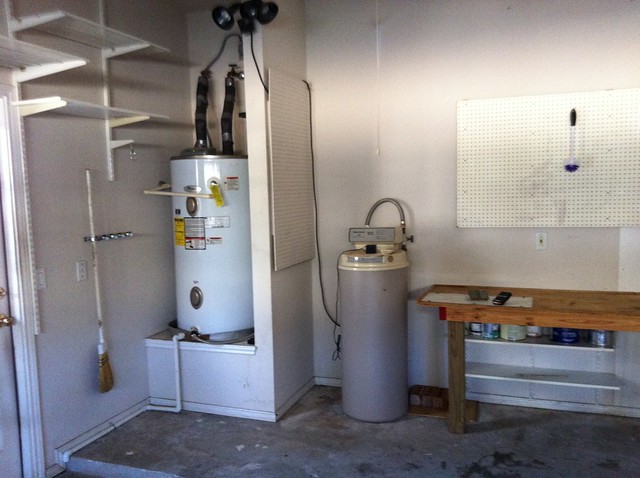Preparing for the Winter
The winter months can be damaging to the HVAC System. (Photo Credits)
The HVAC System, like any home fixture, will need to be prepped and protected from harsh weather conditions like the winter. A good way to prevent any damage is to winterize the HVAC System particularly the part of the system that is installed outdoors.
SF Gate shared a step-by-step instructional on winterizing the outdoor unit of an air-conditioning system. Plumbing Association of San Diego
"Find the air conditioning circuit near your unit. Usually, it has a plastic or metal lid that covers the electrical circuit. Open the lid and flip the switch to turn the unit off. This prevents the unit from turning on during an unusually warm winter day, keeping water out of the unit that could potentially freeze."
Read the continuation here.
More tips on winterizing the HVAC System
Homes.com also came up with its share of homeowner advice on gearing up HVAC units for winter time. Apart from ensuring that the HVAC Unit will run smoothly during the snow season, winterizing it, they say will help cut down on power costs. A/C And HVAC
"Now let's move outside. Just because it's winter doesn't mean you can forget all about your AC. In fact, after a long, dusty summer of perpetual use, your air conditioning unit is probably feeling its age. In particular, check for vines, weeds, and brush that may have grown up around your outdoor unit. Look for twigs or leaves that may have fallen into the interior, and clear these out. It may not seem like it now, but winter is only a few short months long—so the more preparation you do now, the less work you'll have in front of you come summertime."
Take a look at the whole guide here.
Related HVAC Installation and Repair Services
- San Diego HVAC Contractor Click Here
- HVAC Lakeside More Info
- HVAC Escondido 24/7 Electrician Service
- HVAC Chula Vista Free Estimate
- H.V.A.C El Cajon Emergency Electrician
- AC Repair Oceanside More Info
Popular Mechanics also came up with advice on winterizing a home HVAC System.
"This one's really easy, and it will even save you a few pennies next summer, too: Simply drain any hoses and air conditioner pipes, and make sure you don't have excess water pooled in equipment. If your A/C has a water shutoff valve, go ahead and turn that off. Similarly, make sure any hoses are drained and stowed away neatly. Turn off exterior water spigots. It's also a good idea to seal any water leaks around the place—and don't forget to remove any window A/C units and store them so you don't invite cold drafts all winter."
Read the rest of the post here.
Winterizing an HVAC System may require time and effort, but the savings that a household may garner from doing so will be immense given that it will protect the whole system from getting damaged by the winter.
Diamond Ace Contractors
5052 Genesee Ave, San Diego, CA 92117
(888) 231-1086
Diamond Ace Contractors Plumbing Repair San Diego CA
The post Winterizing the HVAC System appeared first on Blue Diamond Plumbing.



